Parking has long been one of the most overlooked assets in urban infrastructure. Yet for property owners, developers, facility managers, and even municipal planners, it holds untapped potential—not just in terms of space, but also revenue, customer experience, sustainability, and security. With the rise of Smart Parking technologies, the paradigm is shifting. It’s no longer about just providing parking—it’s about managing it intelligently.
If you're a residential, commercial, or mixed-use property owner, unlocking the power of Smart Parking could redefine how your property performs, attracts visitors, and delivers value. This blog explores what Smart Parking really is, why it matters, and how you can implement it on your property.
What Is Smart Parking?
Smart Parking refers to the integration of advanced technologies such as IoT sensors, AI-based analytics, real-time mobile interfaces, license plate recognition, and automated payment systems into parking infrastructure. The goal is to improve parking availability, reduce traffic congestion, increase security, and deliver a better parking experience.
It moves the function of parking from a passive real estate utility to an active service and asset.
Why Traditional Parking Falls Short
Most traditional parking systems are static and manual:
-
Drivers waste time searching for spots
-
Property managers lack visibility into occupancy
-
There’s no dynamic pricing or optimization
-
Enforcement and access control are inefficient
-
Customer experience is often poor
This inefficiency translates into lost time, revenue, and user dissatisfaction. For residential communities, it may cause disputes. For commercial buildings, it leads to churn. For retail centers, it discourages foot traffic.
The good news? Smart Parking solves these problems head-on.
Benefits of Smart Parking for Your Property
1. Maximize Parking Utilization
Smart Parking systems use sensors and data to monitor real-time occupancy and availability. As a property owner, this means:
-
Understanding how your space is used
-
Identifying underutilized areas
-
Redistributing or reallocating space
-
Avoiding overbuilding parking that goes unused
Better utilization equals better returns per square foot.
2. Boost Revenue Through Dynamic Pricing & Monetization
For commercial properties or mixed-use developments, Smart Parking enables:
-
Hourly, daily, or monthly pricing models
-
Dynamic pricing based on demand
-
App-based bookings and cashless payments
-
Tiered access (VIP, tenant, guest, etc.)
This turns a static expense into a steady revenue stream, whether you’re offering paid parking to the public or leasing it to tenants.
3. Enhance User Experience
Smart Parking eliminates the frustration of circling lots or not knowing availability. Tenants, employees, and customers can:
-
Find open spots via a mobile app
-
Reserve spaces in advance
-
Navigate using guided maps
-
Pay without physical tickets or kiosks
This smooth, digital-first experience adds convenience, safety, and modern appeal to your property.
4. Improve Security and Access Control
License plate recognition (LPR) systems and digital credentials can help automate entry, restrict unauthorized vehicles, and track activity. You can:
-
Grant tiered access to different user groups
-
Prevent illegal parking or encroachment
-
Reduce reliance on security guards or manual monitoring
Security boosts tenant trust, regulatory compliance, and operational control.
5. Enable Sustainability Goals
Smart Parking supports eco-conscious property management by:
-
Reducing idle emissions from vehicles circling for parking
-
Optimizing EV charging station use
-
Offering preferential pricing for low-emission vehicles
-
Integrating into green building certifications like LEED
Today’s tenants and clients increasingly demand sustainable infrastructure. Smart Parking shows your commitment to the future.
6. Gain Real-Time Operational Intelligence
With a centralized Smart Parking dashboard, property managers can monitor:
-
Live occupancy data
-
Peak usage hours
-
Booking history and revenue
-
Maintenance alerts
-
User behavior trends
This data isn’t just helpful—it’s transformative. It supports better planning, smarter staffing, optimized layout changes, and evidence-based business decisions.
Types of Properties That Benefit Most
Residential Complexes
Smart Parking eliminates parking disputes, automates guest parking, and improves overall resident satisfaction.
Commercial Office Buildings
Offer tiered access for employees, VIPs, and visitors; boost occupancy rates with public usage during off-hours.
Retail and Malls
Encourage repeat visits with easy, app-based parking. Offer loyalty integration, validation programs, and seamless exit experiences.
Hotels & Hospitality
Streamline valet services, integrate with booking systems, and allow guests to pre-book parking upon reservation.
Hospitals & Healthcare
Guide patients to open spots quickly and ensure reserved parking for ambulances, doctors, or emergency use.
How to Implement Smart Parking on Your Property
1. Evaluate Your Current Infrastructure
-
How many spaces do you have?
-
What is the average occupancy rate?
-
Who uses your parking (residents, guests, public)?
-
Are there any access or congestion issues?
This audit lays the groundwork for a tailored Smart Parking solution.
2. Choose the Right Technologies
Smart Parking isn’t one-size-fits-all. Common technologies include:
-
IoT occupancy sensors
-
License Plate Recognition cameras
-
Gate and barrier automation
-
Mobile applications
-
Cloud-based dashboards
-
EV charging stations
-
Digital signage
Work with a provider who can recommend the best mix based on your goals.
3. Partner with a Smart Parking Platform
A trusted Smart Parking partner like ParkBay can help:
-
Install and integrate hardware
-
Build a white-labeled app or integrate with your existing system
-
Provide user support and backend management
-
Continuously update the software and analytics
ParkBay ensures your parking isn’t just smarter—it’s scalable, secure, and future-ready.
4. Educate Tenants and Users
Even the best system requires adoption. Ensure clear signage, onboarding materials, and support channels to help your tenants, visitors, or employees embrace the change.
5. Measure and Optimize Continuously
Post-launch, track key metrics:
-
Occupancy rates
-
Booking frequency
-
User satisfaction
-
Revenue generation
-
Maintenance response time
Use insights to adjust pricing, availability, or space allocation.
Why Now Is the Time to Go Smart
Urban populations are rising. Sustainability regulations are tightening. Consumer expectations are evolving. And every square foot of your property must do more.
Smart Parking isn’t a futuristic luxury—it’s a present-day necessity for competitive, resilient property management. The sooner you adopt it, the faster you unlock new efficiencies, savings, and opportunities.
Conclusion
Unlocking Smart Parking for your property is not just about modernizing infrastructure—it’s about transforming the way your property functions, earns, and serves. From seamless access control and revenue optimization to better tenant experiences and sustainability benefits, Smart Parking redefines the role of parking in real estate value creation.
Whether you're running a residential complex, commercial tower, or retail center, the future is clear: intelligent movement starts with intelligent parking.
With ParkBay, you can turn underused space into smart, strategic infrastructure—ready for the needs of today and the possibilities of tomorrow.
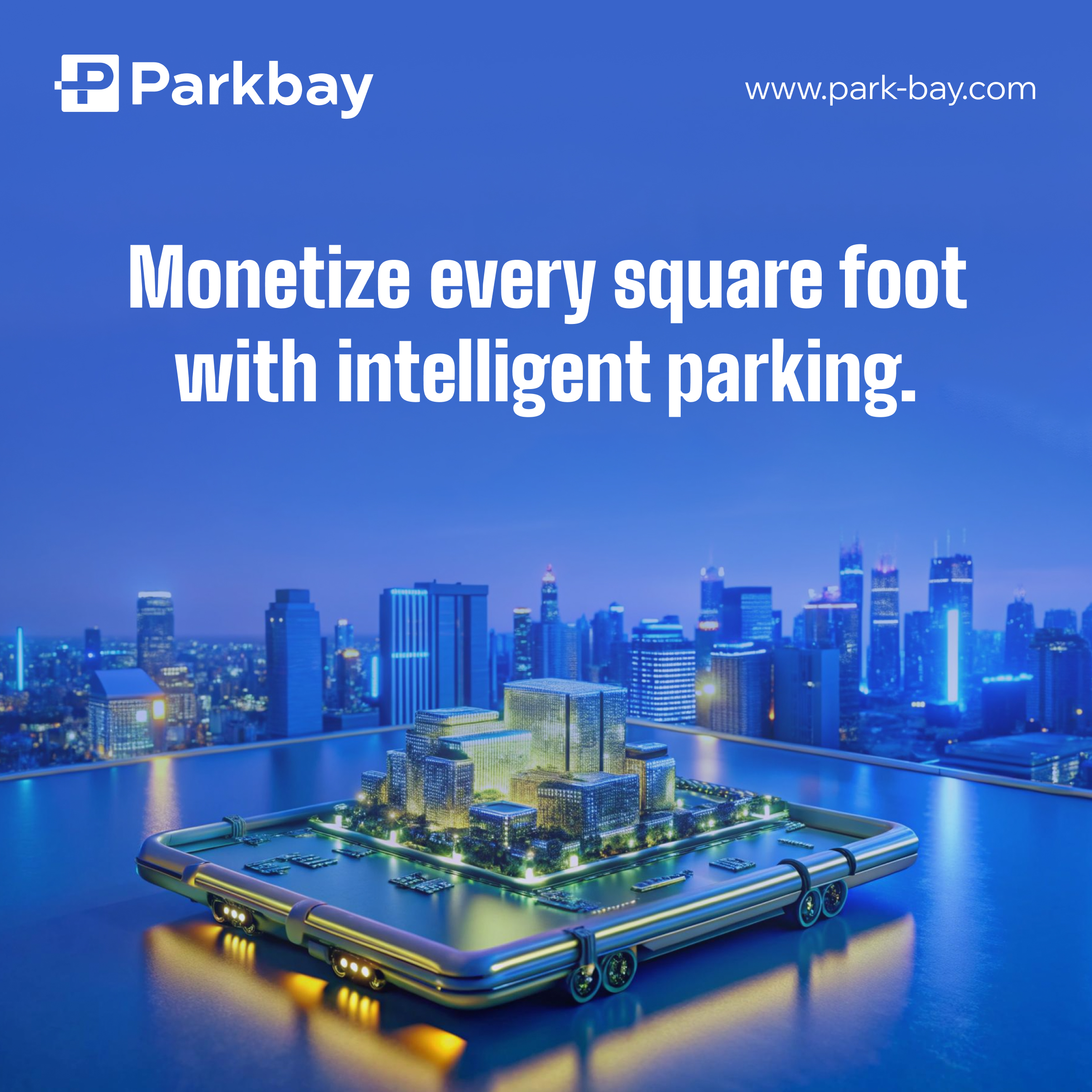



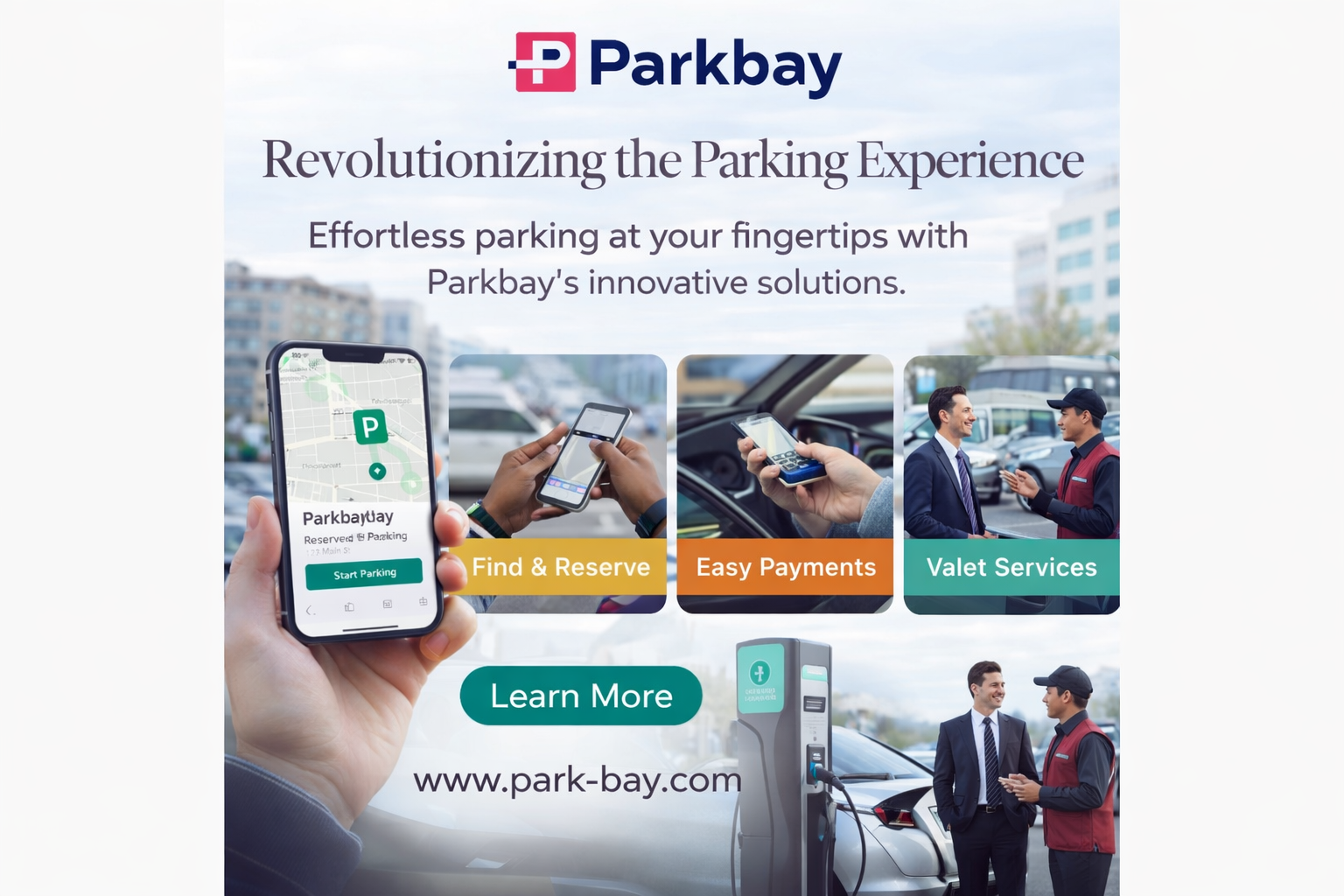
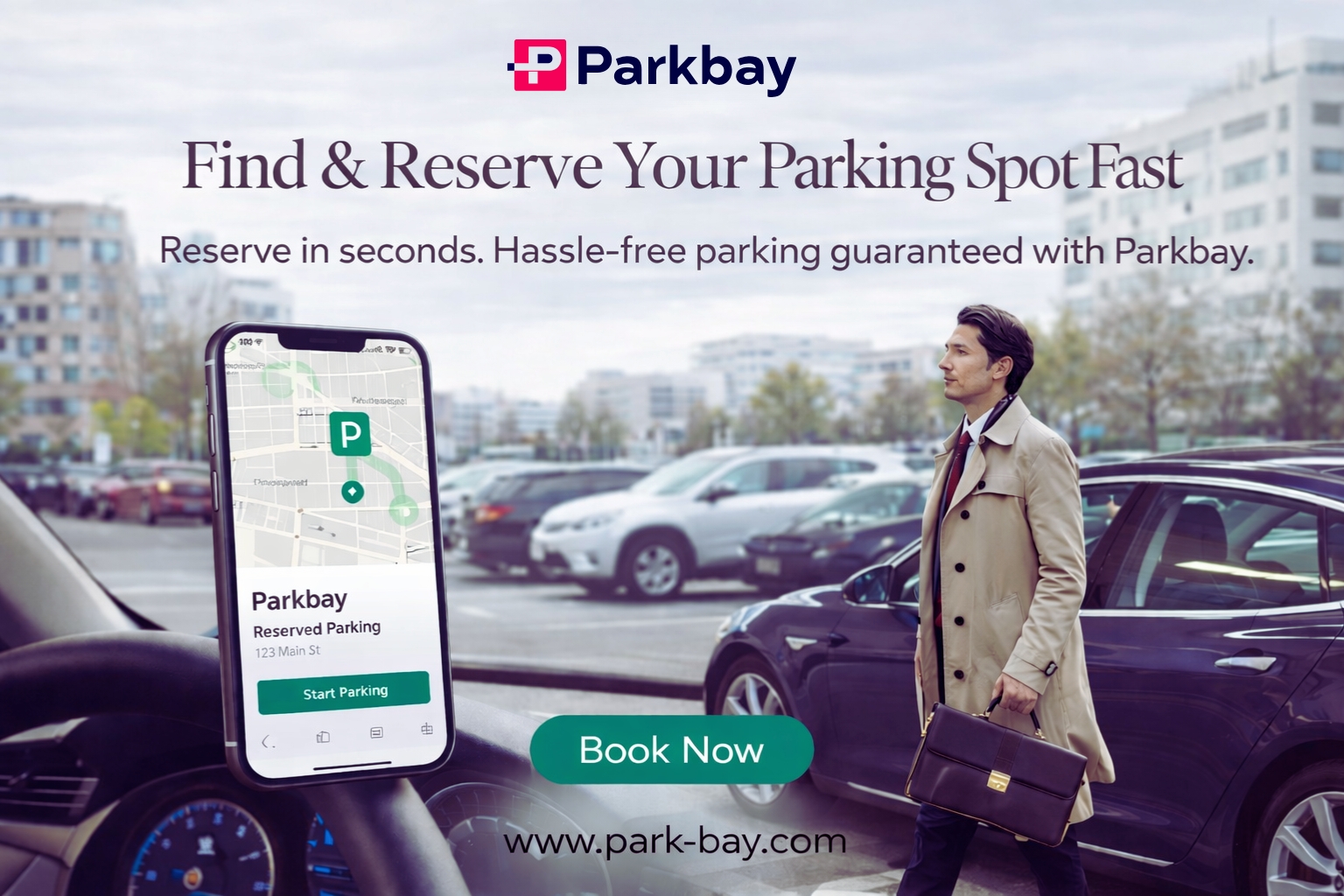
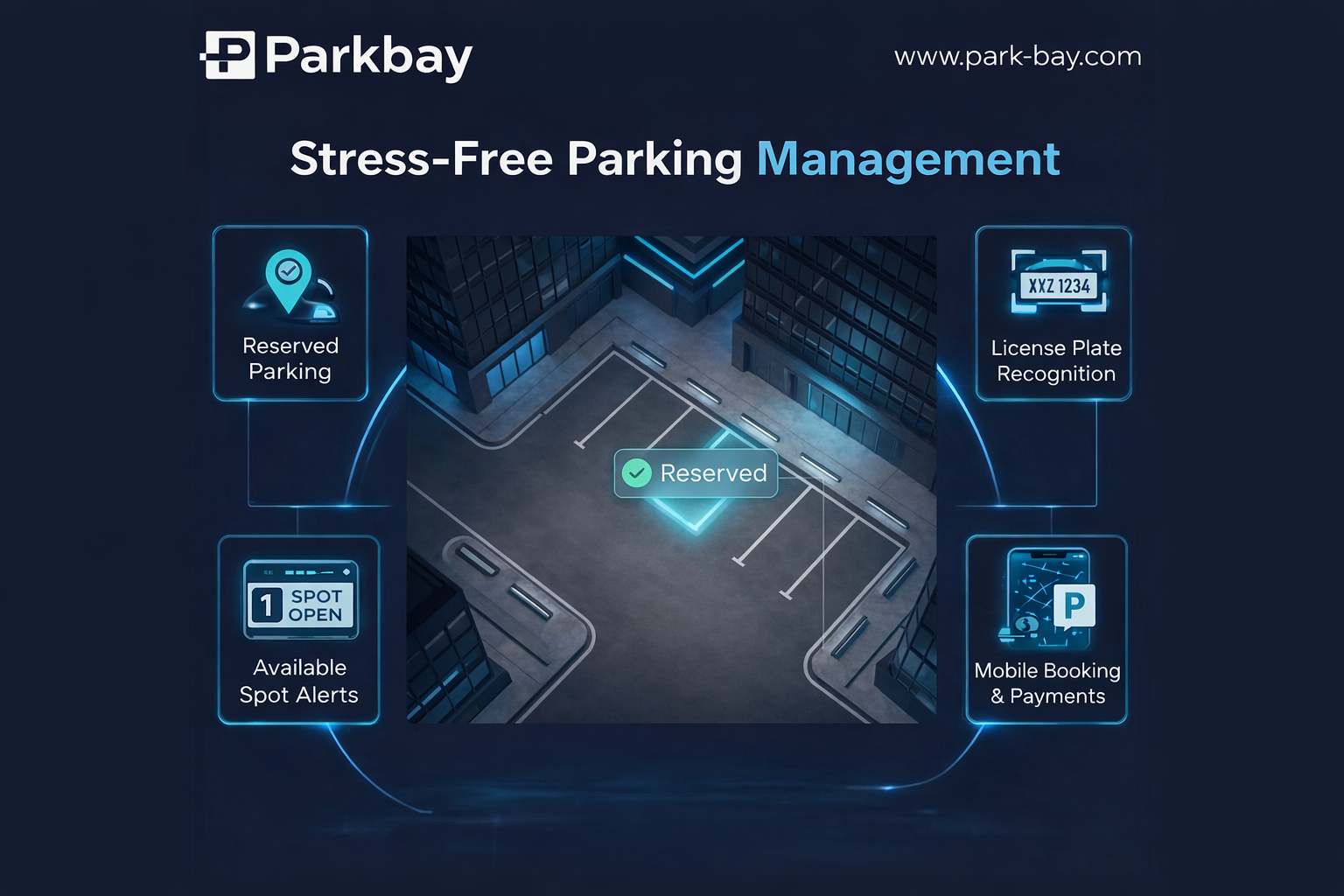
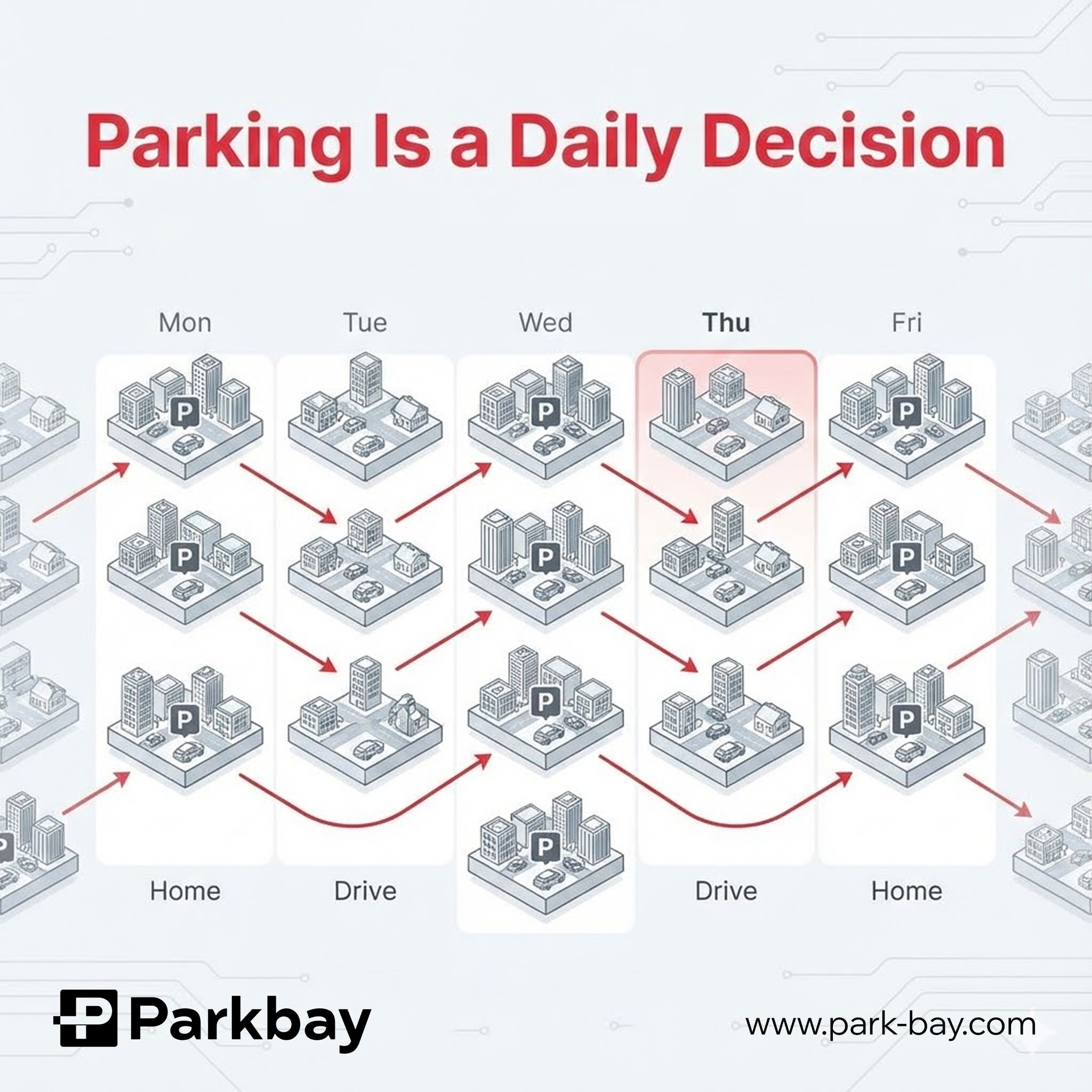
Leave a reply